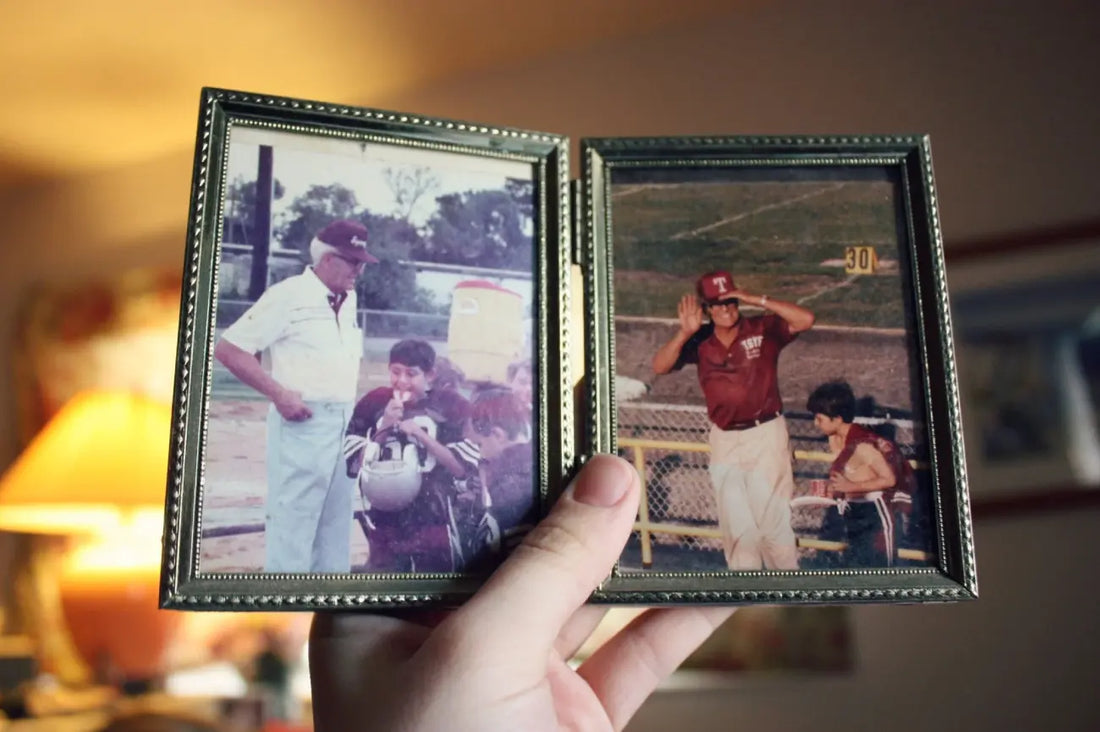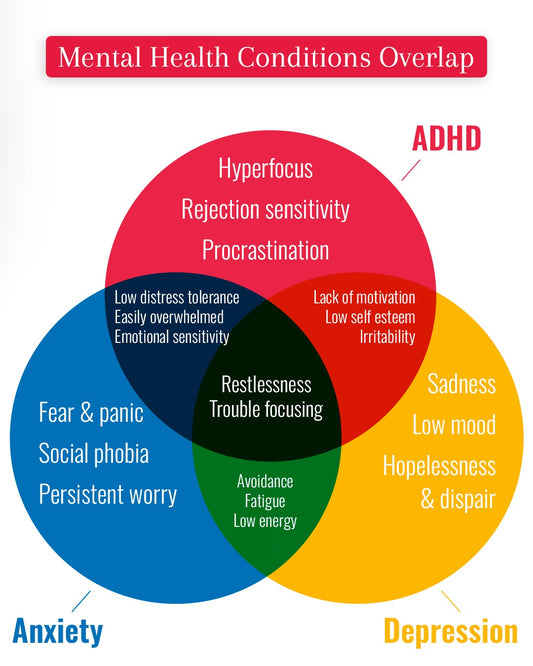
Memory Loss and The Early Stages
In the Early Stages (1 & 2) of dementia, your loved one may be forgetful of small tasks or remembering plans they routinely used to do.
Loss of memory can be extremely distressing for families, as they witness their loved ones lose their independence and find they need to rely on those around them for day-to-day support.
There are several tactics that can be executed to help a loved one keep confidence and their ability to care for themselves as long as possible, allowing them to stay at home longer.
QUICK LINKS - TOPICS COVERED:
- How Can I Help My Loved One?
- Easy to Implement Memory Aids & Assistive Technologies
- Emotionally Supporting your Loved On
- Contact Us
- Other Resources
How Can I Help My Loved One?
- Be Patient and Loving even when frustrated.
- Help your loved one set up a regular routine.
- Use memory aids, assistive technologies to reduce forgetfulness and confusion.
- Learn how to best communicate with your loved one.
Include cues and prompts, and try to give context, instead of asking vague questions. For example, 'It must be a while since breakfast. Are you hungry?' rather than 'Have you had breakfast?'
- Focus on one thing at a time: giving the person too much information may be overwhelming. Keep information simple, and repeat it often (if necessary). Reduce distractions such as background noise.
Easy to Implement Memory Aids & Assistive Technologies
1. Sticky Notes and To-Do Lists:
Sticky notes and to-do lists can be easily placed around the house as reminders to do things such as making sure the stove is turned off after cooking, or making sure the doors are locked after coming into the house.
2. Keeping a Journal:
3. Notifications on Mobile Phones:
For IPhone
5. Lost Items Tracking Devices:
Tracking devices such as the TILE make it easy to find misplaced items such as keys, wallet, purses, and books. The location of the items can be seen using a mobile application, which can trigger the tile to beep so the item can be found.
Emotionally Supporting your Loved One
The Alzheimer’s Society provides these great tips for how to emotionally support your loved one. We’ve included some of the tips we really like here:
- Encourage the person to talk about how they are feeling.
- Support the person with any frustration they may be feeling, for example by talking through issues and looking for ways to manage them.
- Support the person to cope with the difficulties they face on a day-to-day basis, rather than focusing on what may happen in the future.
- Support the person to focus on what they can still do, and encourage them to continue doing these things.
- Encourage the person to continue spending time with other people, and to take part in meaningful activities as much as possible.
- At times, it may be best to change the conversation or activity to try and remove any frustration the person may be feeling. Do this sensitively - it is important not to undermine the person or dismiss their feelings.
- Avoid telling the person they have heard the information before.
- Ask yourself whether it really matters if the person remembers a recent conversation or event. Forcing the matter can makes things worse.
Contact Us
Reach out to us at info@dementiaaide.com for any questions or advice for you or your loved one!
Other Resources:



